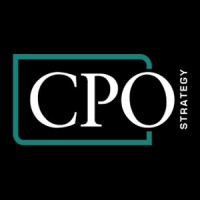The procurement function’s relationships with its suppliers are typically the foundation of how sourcing and supply management programs perform. Utilizing the seven keys in this report can serve as a catalyst to a series of processes that have a risk of becoming stagnant and repetitive over time.
1. Knowing Your Spend
No procurement department can claim to be a strategic function until it understands its spend: what it is buying from whom, and at what terms and cadence. Still, in 2014, many procurement organizations continue to operate without good visibility into their spend.
The foundation of operational excellence within the procurement function is spend visibility… and an ability to take action on it. Unless the sourcing team can leverage spend visibility across its operations, it cannot improve results. To place more spend under management, most procurement teams must seek out and engage new stakeholder groups. To attempt to do so without a clear understanding of what each group is spending limits procurement’s credibility and the likelihood that any new group will want to collaborate.
2. Early Engagement
Research shows that the timing of procurement’s involved in the sourcing process has a direct impact on sourcing results. Higher savings are reported in sourcing projects where-in procurement was involved at the front end of the process rather than later.
3. Tighter Specifications
One of the many benefits from the ‘early engagement’ in sourcing projects is that it gives sourcing teams ample time & opportunity to figure out end-user specifications. A better understanding of the business need and use of a specific good or service allows for sourcing professionals or teams to exert greater influence on the bid package which can result in improved pricing, better quality or service levels, and frequently all of the above.
To know about the other keys, Stay tuned…
For further reading, click on the download button below to access the report-Seven Keys to Better Sourcing and Supplier Management.
Learn More: Vendor Management












































